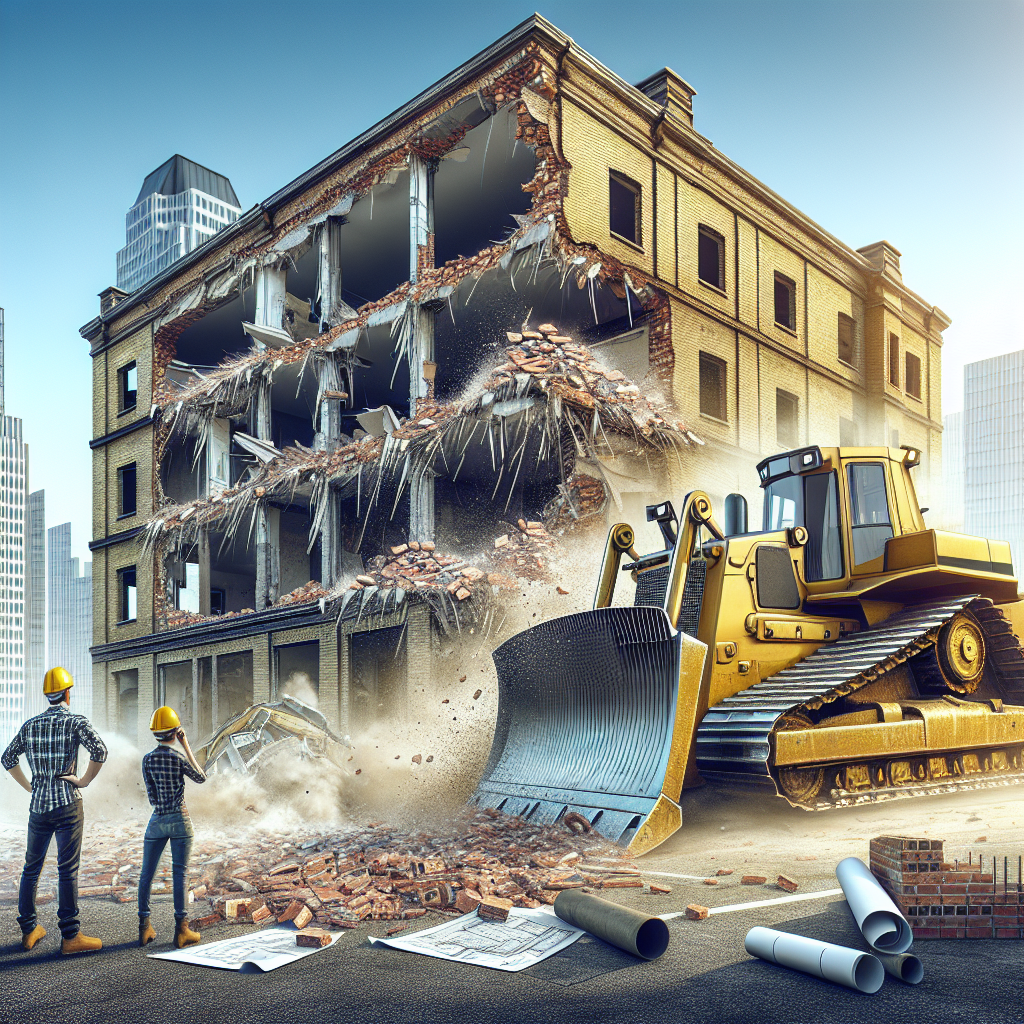Supreme Court Upholds Rule of Law: Demolition Without Due Process Unconstitutional
The Supreme Court of India ruled that the Executive cannot assume judicial power to demolish properties of accused individuals without due process. Such actions violate constitutional principles of the rule of law and separation of powers. The ruling emphasizes accountability and adherence to due process.

- Country:
- India
The Supreme Court of India has reinforced the fundamental principle of the rule of law by ruling that the Executive branch cannot act as a judge and execute demolitions of accused individuals' properties without following due process. The apex court termed it 'totally unconstitutional' and emphasized the importance of upholding the separation of powers.
In its judgment, a bench of Justices B R Gavai and K V Viswanathan laid out nation-wide guidelines, condemning arbitrary demolitions as an egregious abuse of power. The ruling highlights the judiciary's integral role in safeguarding citizens from such unconstitutional overreaches and stresses the importance of due process and the presumption of innocence.
The court pointed out that even in cases involving severe punishments like the death penalty, procedures are rigorously followed, and discretion is exercised by the courts. Thus, demolishing properties on mere accusation disrupts legal processes. Public officials breaching these principles must be held accountable to maintain public trust in governance.
(With inputs from agencies.)
ALSO READ
Constitution Controversy: Congress Criticizes Fadnavis' 'Red Book' Remarks
Congress Accuses BJP of Disrespecting Constitution Amid Election Promises
Congress Condemns Fadnavis's Remarks on Rahul's Red Constitution Copy
Constitution Color Controversy: BJP Criticizes Rahul Gandhi's Red Book
Rahul Gandhi Defends Constitution Against BJP's Controversial Remarks










